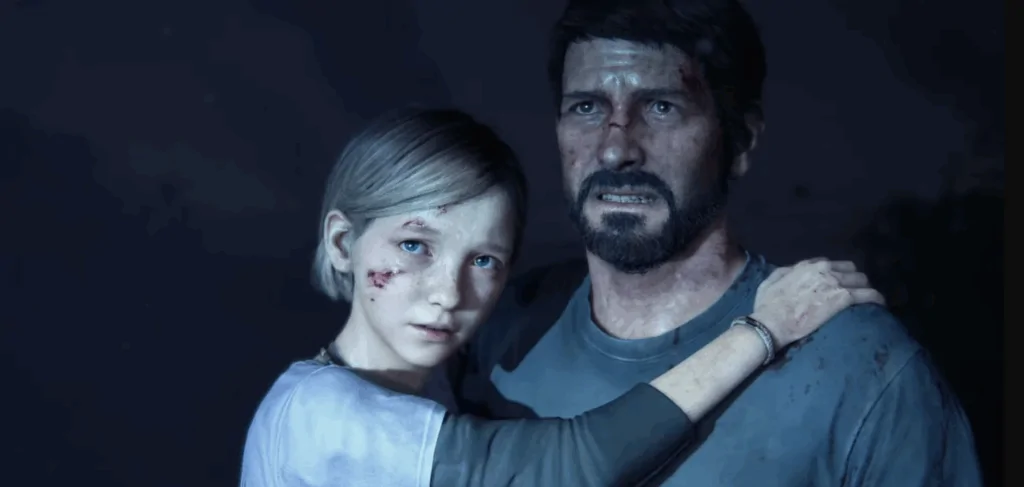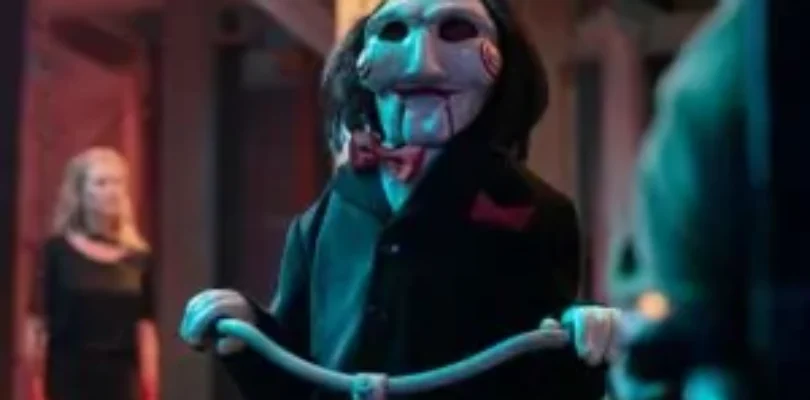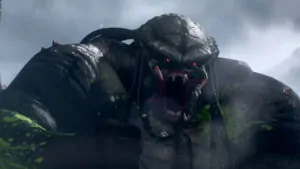Zombie stories are big business. This year alone the undead are swarming onto our screens with 28 Years Later, Marvel Zombies and maybe even Twilight of the Dead, the final installment of Romero’s classic franchise based on a treatment by the director shortly before his death in 2017. But it wasn’t always this way.
Rewind to 2004, a young student named Neil Druckmann was given the opportunity to pitch a video game idea to Romero. His concept took the gameplay of Ico, added a lead character tasked with protecting a young girl, and dropped them into a world of zombies, a la Night of the Living Dead. Romero went for a different proposal, but the idea remained. And nine years later The Last of Us was born.
By then Druckmann was a creative director with Naughty Dog – the studio behind the Uncharted series – and The Walking Dead had taken over the world (Steven Yeun even played The Last of Us while filming TWD). That original pitch had evolved, now centering on grizzled smuggler Joel Miller (voiced and mo-capped by Troy Baker) who must escort 14-year-old Ellie (Ashley Johnson) across what used to be the United States after it’s been ravaged by a Cordyceps pandemic.
Joel and Ellie must battle mushroom zombies, cannibals, and worse. The game was a hit, winning over 500 “Game of the Year” awards as well as “universal acclaim” from both critics and players alike.
Undoubtedly, The Last of Us and The Walking Dead played a huge part in repopularizing the zombie sub-genre, helping give ghouls the ubiquity they enjoy today. However, what some might not appreciate is the thematic richness of the original game, which trades in complex emotional beats and incredible character work, portrayed by Troy Baker and Ashley Johnson. So, due warning, it’s spoiler territory from here on out – for both the games and the HBO show – as we unpack exactly how The Last of Us changed everything…
Trauma Center
One of the biggest revelations is that, at its heart, The Last of Us is about love and loss. The first game opens with us playing as Joel’s daughter Sarah (Hana Hayes) during ‘Outbreak Day‘, seeing the apocalypse unfold in an escalating series of chaotic set pieces. However, despite Joel’s best efforts to protect Sarah, she is tragically shot and killed by a soldier with orders to contain escaping civilians.

Naughty Dog’s murder of a child in the opening chapter speaks to the brutal nature of this world: for whilst some horror violence is fun and frothy (and we’re definitely not trashing that for a second), in The Last of Us, there is a constant emotional weight which envelops characters like a heavy blanket. When the game time jumps 20 years to a post-pandemic future, and Joel is revealed to be a hard-hearted shell of a man, we believe it because his loss rings true.
This idea of traumatization becomes a major theme. Joel’s relationship with Ellie makes sense because you can see he’s a man who’s starting to feel again, the flickering embers of his nearly-extinguished heart being gently brought back to life.
Their love, though, isn’t mushy or saccharine: it’s fierce, frightening even, and capable of awful violence. This is perhaps best demonstrated in the game’s bloody finale where Joel is faced with an impossible decision: let Ellie undergo surgery which will kill her but save the world, or massacre everyone who stands in his way of bringing her home. With Sarah’s death a terrible mirror image of this impending grief, Joel cannot let his heart break again, and unleashes hell.

Druckmann has spoken before on The Last of Us podcast about some of the parallels the game has with Israeli politics (Druckmann himself is Israeli-American); in particular the case of Gilad Shalit, an IDF soldier who was held hostage by Hamas for five years before his release in 2011 in exchange for over a thousand Palestinian prisoners. “I remember I talked with my dad about it,” said Druckmann, “and I’m like, ‘What do you think? Do you think that was the right decision?’ And he says, ‘Are you asking me as, like, this soldier’s dad? Or as the prime minister of Israel? ‘Cause that would make two very different decisions.’”
Similarly, Joel’s actions provoked intense debate – who could sacrifice their child, whatever the cause? – and it was one that came to characterize the HBO series, too. As Craig Mazin (co-showrunner with Druckmann) put it on another podcast, “Love, especially a love that a parent has for a child, is primal and it can lead to the most intense fear and the most intense fear can lead to the most intense behavior, including violence.”
A-Mazin
The journey of adapting The Last of Us for the screen was an arduous one, with one Sam Raimi-produced version falling through. Thankfully, Druckmann went on to meet a kindred spirit in Craig Mazin, who was fresh off of HBO’s Chernobyl.
The pair describe being huge fans of each other’s work (“After I played The Last of Us, I was just in awe”) and in retrospect, it makes complete sense: Chernobyl takes a cataclysmic event of global significance and explores a rich surrounding tapestry of personal accounts which weave together to tell a very human story. Watching it now, you can see what makes Mazin such a good fit for the world of Joel and Ellie: the courageous empathy to sit in ambiguous spaces and see things from all perspectives.
Future Days
With Season 2 of the HBO show underway, fans will no doubt be aware that it’s based on Naughty Dog’s controversial follow-up game, The Last of Us: Part II. Without giving too much away, when the game debuted in 2020, one plot point in particular evoked both anger and admiration, pushing this idea of empathy to new and dizzying heights.
Thinking back for a second to Druckmann’s comments about Israel, it’s difficult now – following the October 7 attacks and the subsequent war in Gaza – to not see parallels in Part II’s storyline: it’s a tale of atrocity and revenge which spirals out of control into a cycle of violence, a firestorm which threatens to consume everyone in its path.
The fact is that, despite the mounting horrors the game includes, it maintains that sense of identification with characters on all sides of the divide, speaking to the idea that The Last of Us is a profound force for good in this world, daring us to see things through the eyes of our enemies and, if not exactly forgive them, then to at least understand.
All You Need is Love
We won’t reveal here what becomes of Ellie by the end of Part II, though one last point on the progressiveness of The Last of Us: the fact that Ellie comes out as a gay woman speaks volumes. Her queerness never feels tokenistic or performative, just simply a part of who she is, a fact of her reality that is given space to breathe (again with phenomenal performance work from Johnson).

Elsewhere, The Last of Us flies the flag for representation in other ways: Episode 3 of Season 1 – Long, Long Time – focused on the relationship between gay couple Bill (Nick Offerman) and Frank (Murray Bartlett). When Offerman gave his acceptance speech after winning an Independent Spirit Award for his performance, he summarized the franchise ethos by saying “It’s not a gay story. It’s a love story”.
And in the end, perhaps that’s the crux of it: how did The Last of Us change everything? It took a story that seemed to be about zombies and instead made it about that most universal of human needs: love in all its multi-faceted, sometimes-terrifying, always-essential rainbow colors. Love.
New episodes of The Last Of Us Season 2 air on HBO Max Sundays.






